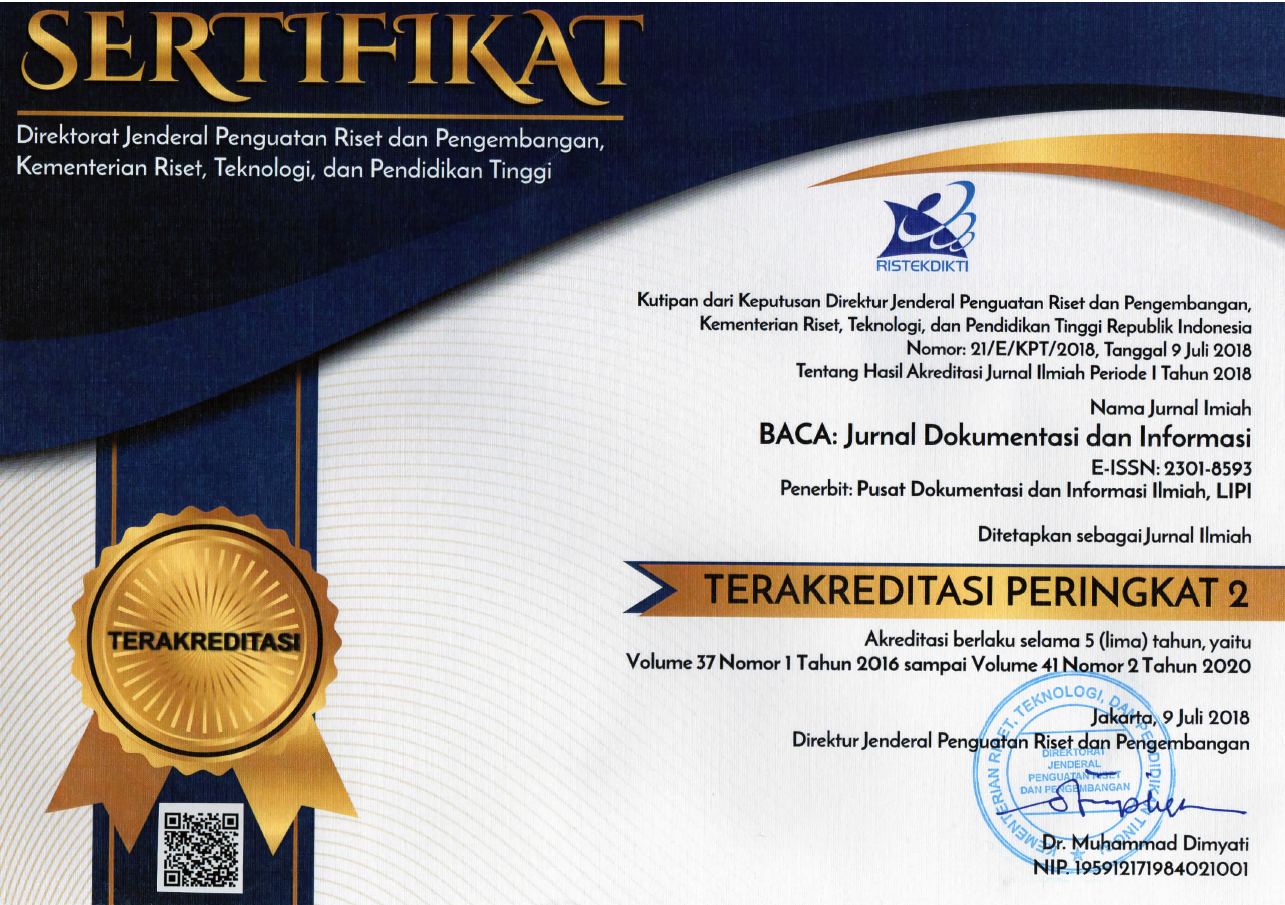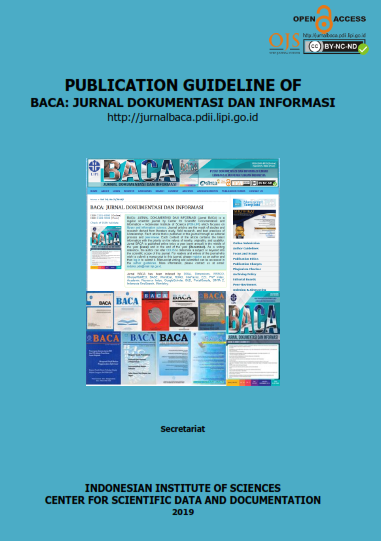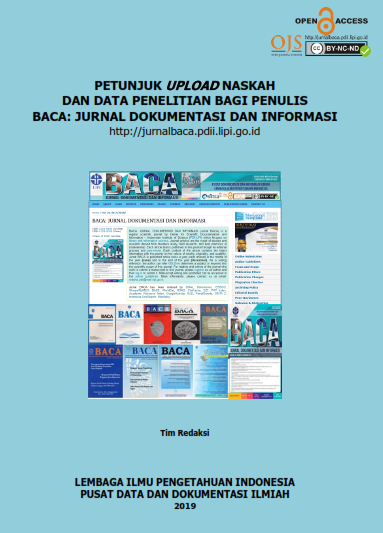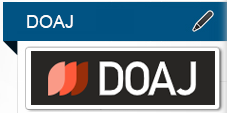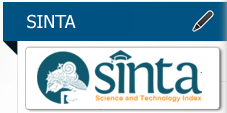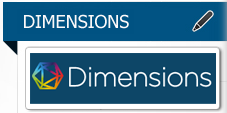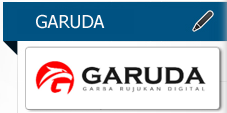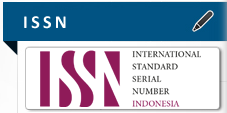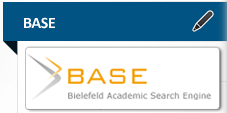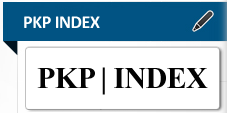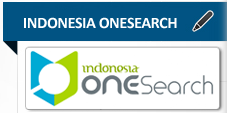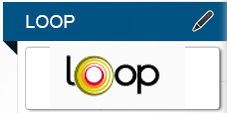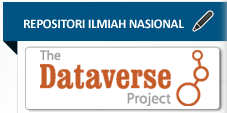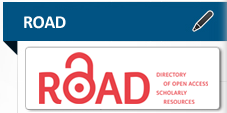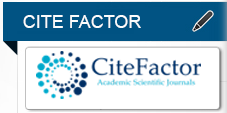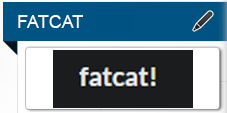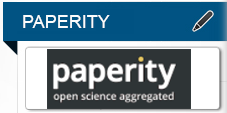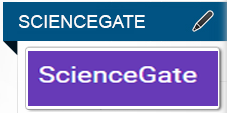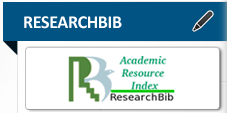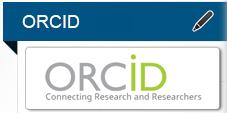TRANSFER PENGETAHUAN PENGAJAR TUNANETRA DI YAYASAN MITRA NETRA
Abstract
This paper discusses the process of transferring knowledge blind educators in Yayasan Mitra Netra. The aim of this research is to explain the process of transferring knowledge blind educators and also to find out the obstacle in process of transferring knowledge blind educators in Yayasan Mitra Netra. This paper used a qualitative approach with study case method. Data collection techniques in this research used interview, observation, and document analysis. This research found that transferring knowledge blind educators in Yayasan Mitra Netra is to develop student’s knowledge and skills. Yayasan Mitra Netra is informal education institution with the majority of student in Yayasan Mitra Netra are adult students who will go on to college and work. Collaboration between teachers and students who feel that they have something in common makes the knowledge transfer process effective. The seci process in socialization phase is most prominent compared to the other phase, because teachers and students are blind who have lack in seeing and making them only rely on the other senses such as hearing, touch, taste, and etc. in receiving knowledge. So, tacit knowledge can be created and transferred well, although that there are many obstacles in process of transferring knowledge blind educators are laziness, mood, teach too fast, and blind with other needs.
Keywords
Full Text:
PDFReferences
Akbar, R. 2019. Pengertian Tunanetra. Di kartunet.com/pengertin-tunanetra-656.htm (akses 15 Desember 2019).
Alavi, M. & Leidner, D. 2001. Review Knowledge Management and Knowledge Management Systems: Conceptual Foundations and Research Issues. MIS Quarterly, 25(1), 36-107.
Awad, E. & Ghaziri, H. 2010. Knowledge Management, Second Edition. Virginia: An International Technology Group, LTD.
Bou-Llusar, J. C. & Segarra-Cipres, M. 2006. Strategic Knowledge Transfer and Its Application for Competitive Advantage: An Integrative Conceptual Framework. Journal of Knowledge Management, 10(4), 100-112.
Byosiere, P. & Luethge, D. 2012. Knowledge Domains and Knowledge Conversion: An Empirical Investigation. Journal of Knowledge Management, 12(2), 67-68.
Cabrera-Suarez, K., et.al. 2001. The Succesion Process from a Resource and Knowledge Based View of The Family Firm. Family Bussiness Review, 14-37.
Chandra, S. 2015. Pemanfaatan Media untuk Tunanetra di Jakarta: Sebuah Studi Tentang Pemanfaatan Media oleh Anggota Perpustakaan Yayasan Mitra Netra. Skripsi. Depok: Universitas Indonesia.
Cresswell, J.W. 2010. Qualitative Inquiry and Research Design: Choosing among Five Approach. University of Nebraska: Sage Publication.
Greiner, M.E., et.al. 2007. A Strategy for Knowledge Management. Journal of Knowledge Management, 11(6), 3-15.
Hall, R. & Andriani, P. 2003. Managing Knowledge Associated With Innovation. Journal of Bussiness Research, 56(2), 145-152.
Jasimuddin, S.M., et.al. 2014. A Decision Tree Conceptualization of Choice of Knowledge Transfer Mechanism: The Views of Software Development Specialists in A Multinational Company. Journal of Knowledge Management, 18(1), 194-215.
Kumar, J. & Ganesh, L. 2009. Research on Knowledge Transfer in Organizations: A Morphology. Journal of Knowledge Management, 13(4), 161-174.
Laksmi, L., Wijayanti, L. & Fauziah, K. 2016. Local Wisdom-Based Strategy of Transfering Knowledge among Educators at Early Chilhood Education Programs in Sreseng Sawah Sub-district, Jagakarsa District. International Review of Humanities Studies, 1(2), 180-202.
Liyanage, C., et.al. 2009. Knowledge Communication and Translation: A Knowledge Transfer Model. Journal of Knowledge Management, 13(3), 118-131.
Munir, E.S. & Sensus, A.I. 2016. Modul Guru Pembelajaran SLB Tunanetra Kelompok Kompetensi G: Komunikasi Efektif. Jakarta: Kementerian Pendidikan dan Kebudayaan.
Narteh, B. 2008. Knowledge Transfer in Develop-Developing Country Interfirm Collaborations: A Conceptual Framework. Journal of Knowledge Management, 12(1),78-91.
Schulze, A. & Hoegl, M. 2008. Organizational Knowledge Creation and The Generation of New Product Ideas: A Behavioral Approach. Research Policy, 37(10), 1742-1750.
Tobing, P.L. 2007. Knowledge Management: Konsep, Arsitektur, dan Implementasi. Yogyakarta: Graha Ilmu.
Warnar, P. 2012. Family Business and Knowledge Transfer: How to Survive to The Next Generation. Netherland: Delft University of Technology.
Yayasan-Mitra-Netra, Y. 2019. Profil Yayasan Mitra Netra. Di https://mitranetra.or.id/profil ((akses 15 Januari 2020).
DOI: https://doi.org/10.14203/j.baca.v41i2.543
Copyright (c) 2020 BACA: JURNAL DOKUMENTASI DAN INFORMASI

This work is licensed under a Creative Commons Attribution-NonCommercial-NoDerivatives 4.0 International License.



